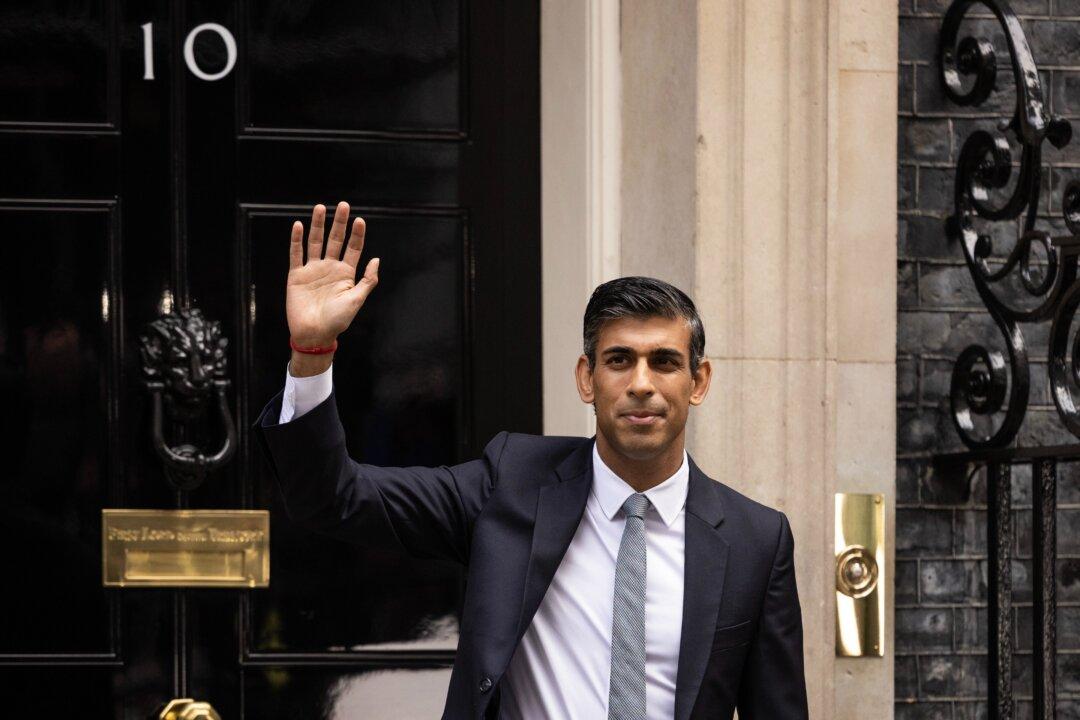The UK’s new prime minister, Rishi Sunak, has the support of parliament if he intends to deliver his campaign promise to close Confucius Institutes, British China observers said on Oct. 25.
Benedict Rogers, Epoch Times contributor cofounder of the Conservative Party Human Rights Commission, told The Epoch Times that Sunak will “inevitably” have to deal with the Chinese Communist Party’s (CCP) infiltration and influence in the UK.





